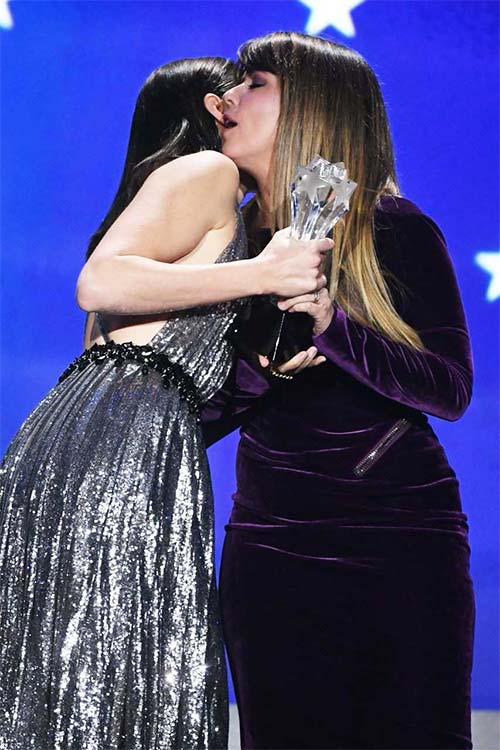
During the Critics’ Choice Awards in California, Gal Gadot was awarded the SeeHer Award for her accurate portrayal of women in the entertainment industry. Her Wonder Woman director, Patty Jenkins, presented the award to her and spoke about how Gal brought the character to life without seeking fame or fortune. Gal’s acceptance speech was inspiring to many, as she dedicated her award to equality and promised to be a voice for the voiceless. However, it is important to note that while her speech was moving, it missed the point of the award. Gal stated that her “dream role” was to play a “strong and independent woman – a real one,” but this sentiment does a disservice to working women everywhere.

The representation of a fictional goddess as a real woman is inaccurate and unrealistic. Real women do not have the advantage of magical powers to protect themselves from harassment or abuse. While Gal Gadot describes Wonder Woman as a character full of heart, strength, compassion, and forgiveness, it is problematic to continue to portray women as beings capable of unconditional love and forgiveness. Pop culture needs to allow women to be flawed and human rather than perpetuating benevolent sexism. Despite its importance as a turning point in Hollywood, calling Wonder Woman reality is taking it too far. Viola Davis’s acceptance speech for How To Get Away With Murder illustrates the power of being true to oneself.

At the Critics’ Choice Awards, both Gal Gadot and Patty Jenkins received accolades. However, the author is perplexed by Jenkins’ need to emphasize that Gadot did not do the film for money, fame, or glory. The author believes this is reflective of a societal mindset that seeks to attach a higher purpose or moral calling to women’s actions. Additionally, in a time where Hollywood is grappling with gender pay inequality, glorifying the idea of doing work without considering payment only benefits those who profit off such sentiments. The author argues that there is nothing wrong with seeking financial gain and recognition in one’s profession, and that demonizing those who refuse to work for little or no pay perpetuates negative stereotypes about working women.





